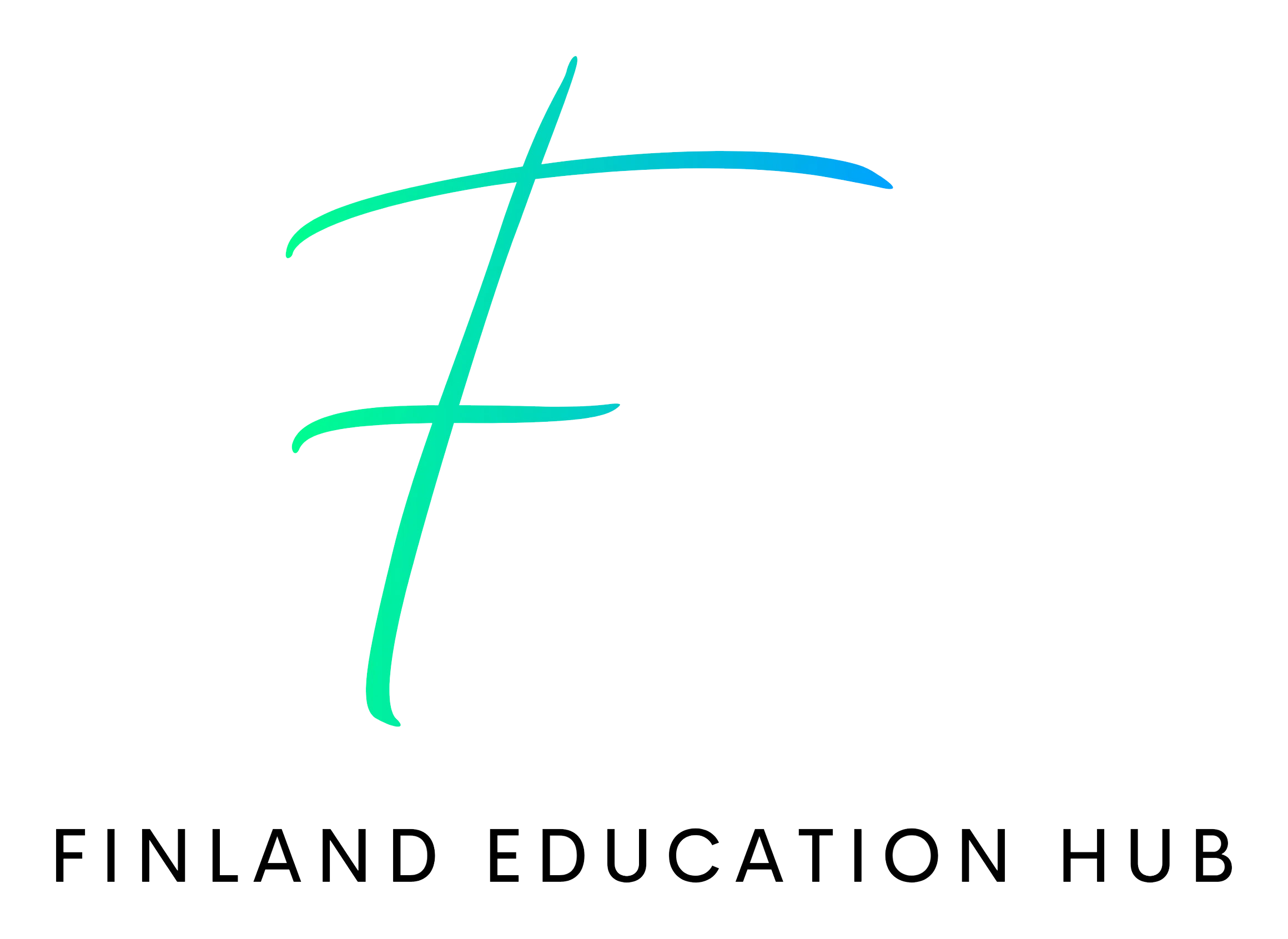Homework-Free Weekends: A Finnish Tradition
Did you know about the homework-free weekends of Finland? Well as we all know Finland, hailed as a global education hub, has garnered worldwide attention for its unique approach to education. One of the aspects that stand out in the Finnish education system is the concept of homework-free weekends. This tradition reflects Finland’s commitment to providing a balanced and holistic education for its students. In this blog, we will explore the concept of homework-free weekends in Finnish schools, understanding why it is considered a crucial part of the education system, and how it contributes to the overall success of Finnish education.
A Holistic Approach to Education
Finnish education is often praised for its emphasis on a holistic approach to learning. It focuses not only on academic achievement but also on the well-being of students. Homework-free weekends are a reflection of this approach, as they provide students with much-needed time to relax, pursue their interests, and spend quality time with their families.
The Importance of Rest and Recreation
Homework-free weekends in Finland are a deliberate effort to ensure that students have time to rest and recharge. The importance of adequate sleep and relaxation for cognitive development and overall health cannot be overstated. By giving students a break from academic tasks over the weekend, Finland acknowledges the need for balance in a student’s life.
Research has consistently shown that students who have regular breaks and time for recreational activities perform better in school. They are more focused, creative, and motivated to learn. Finnish educators understand that learning is not confined to the classroom; it extends to the experiences students have outside of school, including leisure activities.
Encouraging Independence and Responsibility
Another crucial aspect of the Finnish education system is its commitment to fostering independence and responsibility in students. Homework-free weekends play a role in this by allowing students to manage their time and responsibilities.
During the school week, students are expected to complete their assignments and coursework in a timely manner. Having weekends free from homework encourages them to plan and organize their work effectively. This responsibility is an essential life skill that will serve them well in their future endeavors.
Family Time and Social Interaction
In Finland, family values are deeply ingrained in the culture, and homework-free weekends support this by giving families the opportunity to spend quality time together. The importance of family bonding cannot be underestimated, as it contributes to a child’s emotional and social development.
Finnish students are encouraged to engage in outdoor activities, hobbies, and sports during their free time. This not only helps them build physical fitness but also fosters social skills, teamwork, and a sense of belonging to various communities.
Reducing Academic Pressure
Homework-free weekends also play a vital role in reducing academic pressure on students. In many education systems around the world, students often find themselves overwhelmed with homework and assignments, leading to high levels of stress and burnout.
In contrast, Finnish students have the freedom to enjoy their weekends without the constant worry of looming deadlines. This reduced pressure allows them to approach their studies with a more positive mindset during the school week.
The Finnish Success Story
Many recognize Finland education system as the world’s best education system. It consistently ranks high in international assessments of student performance, and its approach to homework-free weekends is just one piece of the puzzle. Let’s explore how this tradition fits into the broader picture of Finnish education success.
Highly Qualified Teachers
One of the cornerstones of Finland’s education system is its emphasis on recruiting and retaining highly qualified teachers. Finnish teachers are required to have master’s degrees, and they undergo rigorous training in pedagogy. This ensures that students are taught by knowledgeable and skilled educators who can adapt their teaching methods to meet the needs of individual students.
A Focus on Equity
Finland places a strong emphasis on equity in education. The country has a comprehensive system of special education and support services to ensure that every student has access to quality education, regardless of their background or abilities. This commitment to equity helps close achievement gaps and ensures that all students have an equal opportunity to succeed.
Student-Centric Approach
We all know Finnish schools for their student-centric approach. Teachers and administrators work closely with students to create a supportive and inclusive learning environment. Planning lessons and school activities students have a say in their education, and their opinions and needs are taken into consideration
Minimal Standardized Testing
Unlike many other countries, Finland places minimal emphasis on standardized testing. Instead of focusing on high-stakes exams, Finnish schools prioritize a comprehensive assessment of student progress and learning. This reduces the stress associated with testing and allows students to focus on their learning rather than test preparation.
Conclusion
In conclusion, homework-free weekends are a valuable tradition in the Finnish education system that reflects the country’s commitment to holistic education, student well-being, and academic success. By providing students with time for rest, recreation, and family bonding, Finland promotes a balanced and healthy approach to learning.
While homework-free weekends are just one aspect of the Finnish education system. They are indicative of a broader philosophy that values the individual needs and well-being of students. Finland’s success in education is a testament to the effectiveness of this approach, and it serves as an inspiration for other countries looking to improve their education systems.
In adopting elements of the Finnish model, educators and policymakers worldwide can strive to create a more balanced and student-centered approach to education, ultimately benefiting the well-being and future success of students around the globe.

